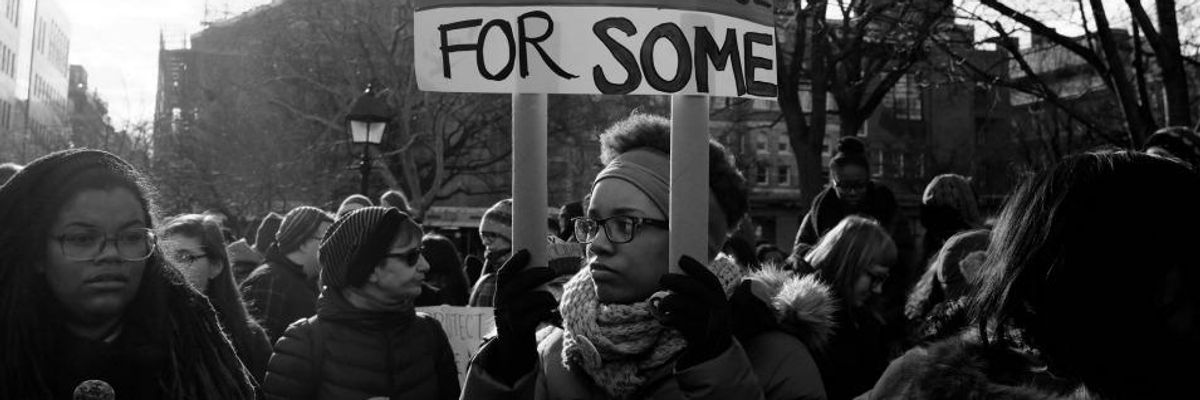On 26 November 2007 Brandon Moore, an unarmed 16-year-old, was shot in the back while running away from a security guard in Detroit. The guard made it look like sport. "[He] put one arm on top of the other arm and started aiming at us," Brandon's brother John Henry, who was with him at the time, told me.
"Brandon wasn't involved in anything. He was the last one to take off running, I guess." The shooter was an off-duty policeman with a history of brutality. Sacked from the force after he was involved in a fatal hit-and-run accident while drunk-driving, he was reinstated a few years later on appeal. He went on to shoot dead an armed man in a neighbourhood dispute, and shot and injured his wife in a domestic fracas.
The story got a paragraph in Detroit's two daily newspapers. Neither even bothered to print Brandon Moore's name. The policeman was reassigned to a traffic unit until he was cleared by an "investigation".
The cold-blooded killing of Walter Scott, who was shot eight times in the back as he ran away from a policeman in North Charleston, South Carolina, is not news in the conventional sense. Such shootings are neither rare nor, to those who have been paying attention, suprising. Sadly, they are all too common. It is news because, thanks to the video footage, we have incontrovertible evidence at a moment when public consciousness has been heightened and focused on this very issue. While in this case the policeman involved has been fired and charged, such a degree of proof is no guarantee of justice. There was video evidence of police choking Eric Garner to death in Staten Island while he protested "I can't breathe", and his killers were acquitted; there was video of evidence of Rodney King's beating in Los Angeles, and his assailants walked free. But in an era of 24-hour news and social media, video guarantees attention.
Black people have been dying for this kind of attention for years.
Michael Brown died for it; Kajieme Powell died for it; Tamir Rice died for it; Justus Howell died for it. The roll call could go on - and until something fundamental changes, not just with American policing but in the American psyche, it will get longer.
Read the full article at The Guardian.
